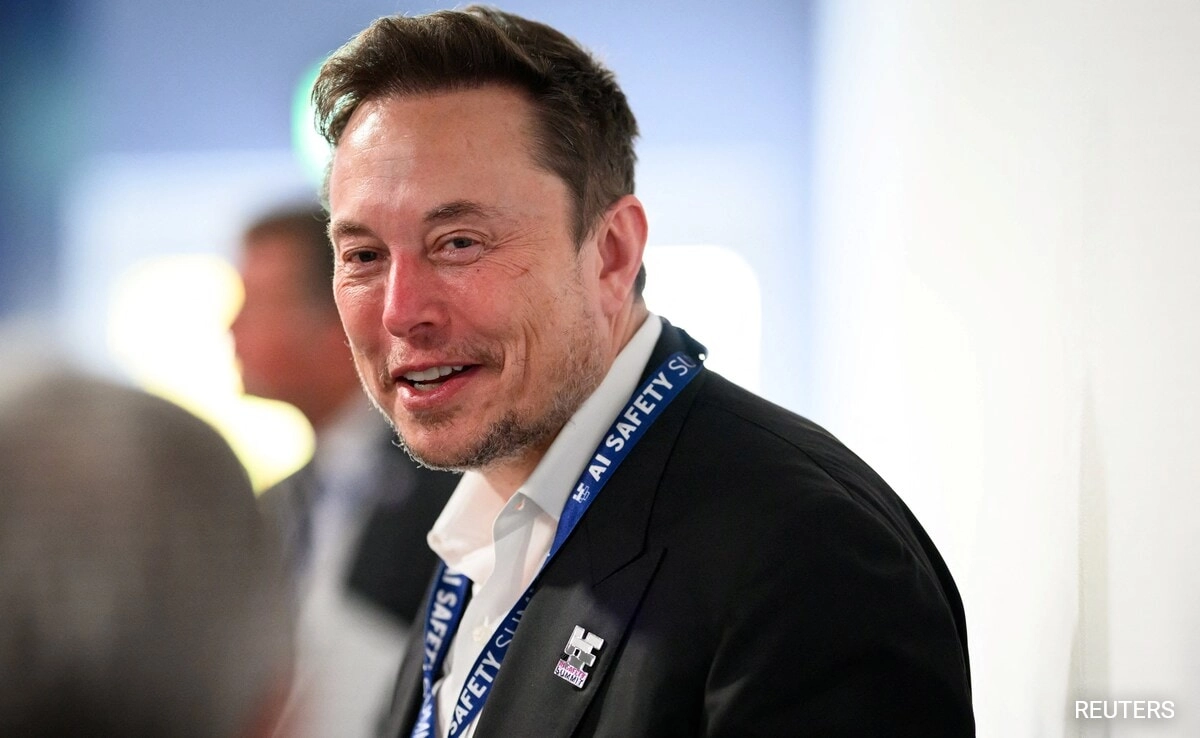In a recent protest against Tesla, demonstrators displayed a striking poster that read “Send Musk to Mars.” This slogan, a pointed critique aimed at the company’s CEO, Elon Musk, reflects the growing discontent among certain groups regarding his leadership and the broader implications of his ventures, particularly in space exploration. The protest highlights a mix of environmental, labor, and ethical concerns tied to Tesla’s operations and Musk’s ambitious plans for colonizing Mars. Protesters argue that while Musk is making monumental strides in technology and sustainability, he is simultaneously neglecting critical issues on Earth, such as worker rights and environmental justice.
In response to the provocatively worded poster, Elon Musk took to social media to share his thoughts. He acknowledged the protest but attempted to frame the criticism in a humorous light, suggesting that the call to send him to Mars might not be such a bad idea after all. Musk’s response highlights his characteristic penchant for humor and his willingness to engage with critics, albeit often in a somewhat irreverent manner. This exchange underscores the ongoing tension between Musk’s vision for the future of humanity and the immediate concerns of those who feel marginalized by his rapid advancements and business practices.
The juxtaposition of Musk’s space ambitions with the protester’s demands raises important questions about the responsibilities of innovators and business leaders. While Musk’s endeavors in electric vehicles and renewable energy have gained significant acclaim, his focus on interplanetary colonization can sometimes overshadow pressing issues here on Earth. Critics argue that significant resources and attention should be devoted to solving earthly challenges before looking to the stars. The protest serves as a reminder that technological progress should not come at the expense of social responsibility, and that the dialogue surrounding Musk’s influence must incorporate diverse perspectives, particularly those of workers and environmental advocates who are directly impacted by his companies.
Ultimately, the incident encapsulates a broader societal debate about the role of billionaires in shaping our future. As Musk continues to push the boundaries of innovation, the voices of dissent remind us that accountability and ethical considerations must accompany technological advancement. The slogan “Send Musk to Mars” may be tongue-in-cheek, but it resonates with a significant segment of the population that seeks to hold powerful figures accountable for their actions on Earth, urging a more balanced approach to progress that prioritizes both exploration and the welfare of our planet.




